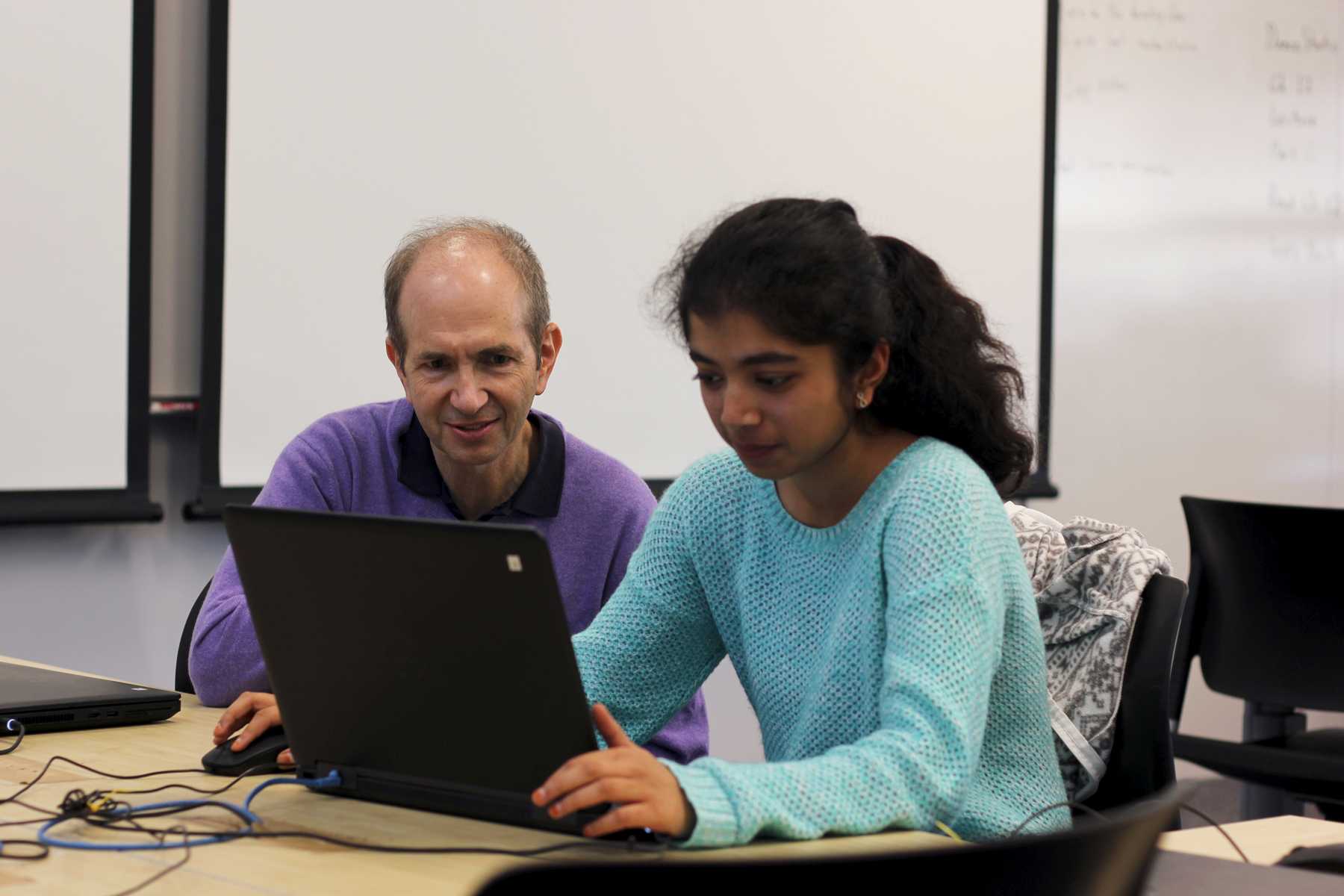
Stop blind obedience.
Adolf Eichmann was just another German man with a family, even if he was the Nazi officer behind all of the logistics of the Holocaust, according to The Milgram Experiment. Though he had normal cognitive ability, he was still extremely surprised that the Jewish people hated him for what he did. He argued that he was just ìfollowing orders and that is a good thing, isnít it?î
This puzzled American psychologist, Stanley Milgram, conducted what was known as the Milgram Experiment to unravel this phenomenon of obedience. In the experiment, Milgram strapped a man to an electric chair and random test subjects were told to be in control of the dial that controlled the strength of the electricity shocking the victim. When told to do so, test subjects increased the voltage being shocked into the victim. The results were appalling: 65 percent of the test subjects increased the dial to release lethal voltage while all subjects increased the voltage to where it threatened the victimís life.Although the Milgram experiment was an extreme case where human life was in peril, it still demonstrates the harms of blind obedience and submission on a much higher level altogether. However, this submission should not occur between students and their teachers. If there is an opinion, it is the duty of the student to share it out.
In the MVHS environment, we can see the teachers trying to provide help, from setting up appointment times, to making sure everyone understands the material by asking students in class. Students tend to always shrink in fear when it comes to teachers, like for asking questions or sharing troubles they are having.
We think our role is to listen to the adults and to have them make decisions for us. Yet we often feel unsatisfied with the decisions being made. And although it may seem scary to ask a teacher for help or a parent to confirm an answer to a problem, we have to do it. When teachers make actions that donít satisfy the student, most students grumble and backtalk rather than politely reason with and ask the teacher about his or her actions. When questioned on why they did talk to the teacher, the response more or less is along the lines of ìThey will get mad at me,î or ìThey canít be bothered.î
That couldnít be farther from the truth. Teachers have as much patience and listening as the student has of politely inquiring the teacher.
Even according to the Common Core Standards, ìStates and districts recognize that there will need to be a range of supports in place to ensure that all students, including those with special needs and English language learners, can master the standards.î Teachers are just waiting for students to ask questions, and are ready to support us at any time, so instead of ignoring the support given to us, we should take advantage of all that is at our disposal.
Students need to have a proactive urge to evaluate their actions and simply change their ways. If we donít start to change the way we respond to situations, we could potentially harm ourselves in the long run.
Go.
When we feel that something is wrong or unjust about the actions of a teacher, we shouldnít blindly follow their suggestions, but learn to evaluate our behavior and whether we are blindly following adults. This is not to say that we should rebel against adults and out-maneuver them; rather, we should evaluate what they say and recognize when something is wrong. If we feel that the point was taken off for no substantive reason, we should ask the teacher respectfully. The other option would be to shove the paper in your backpack and blindly obey what youíre given without reflecting on the reason. Itís up to us to decide which path we take.









